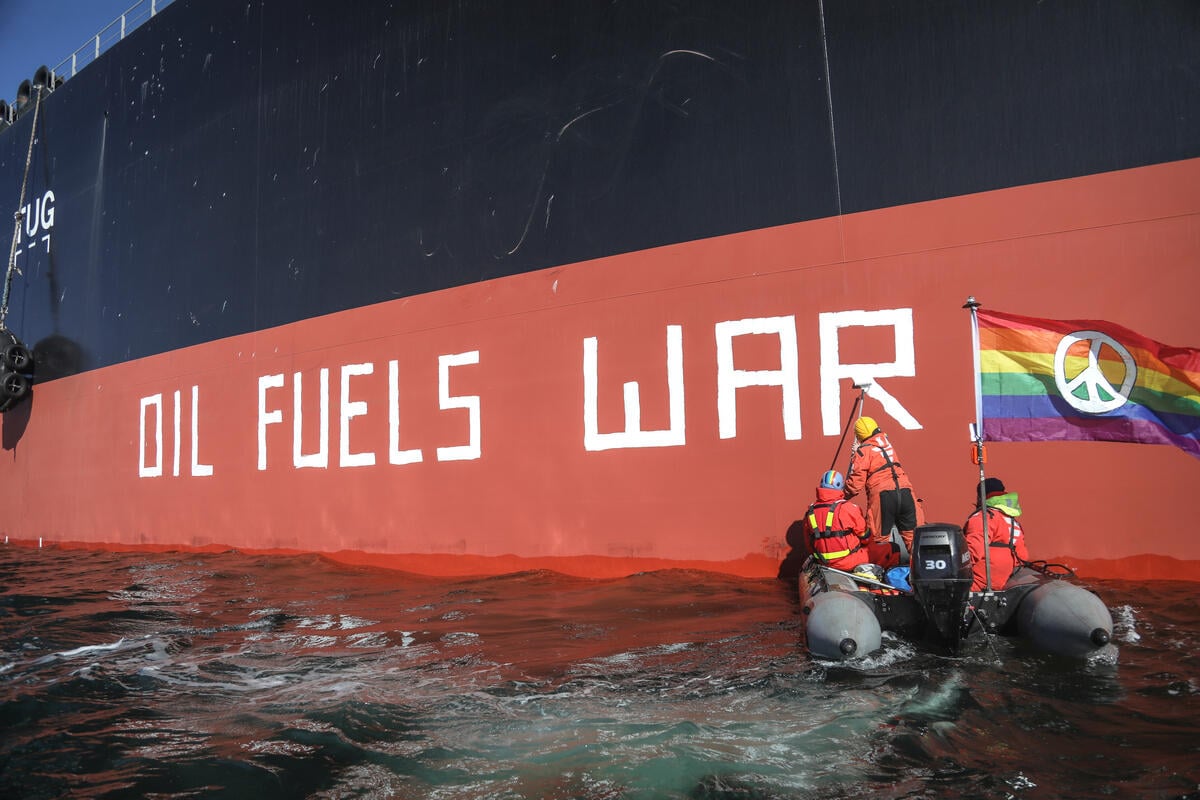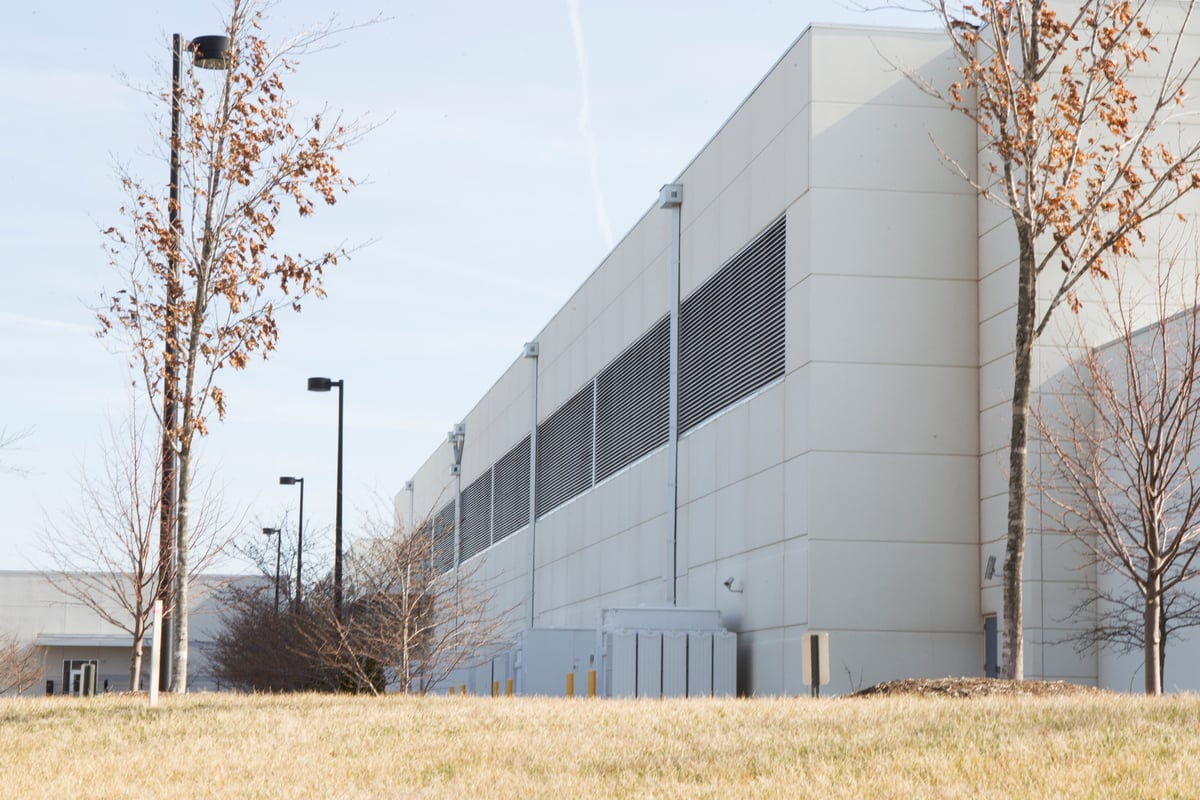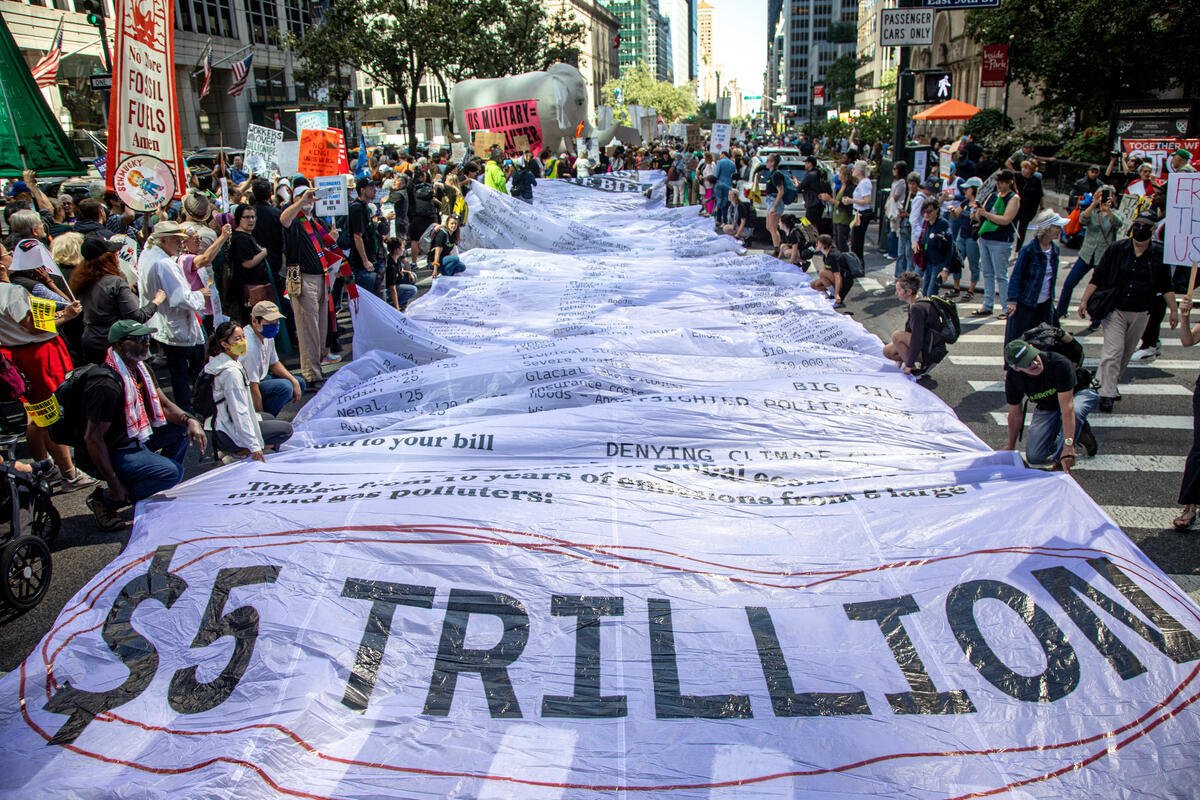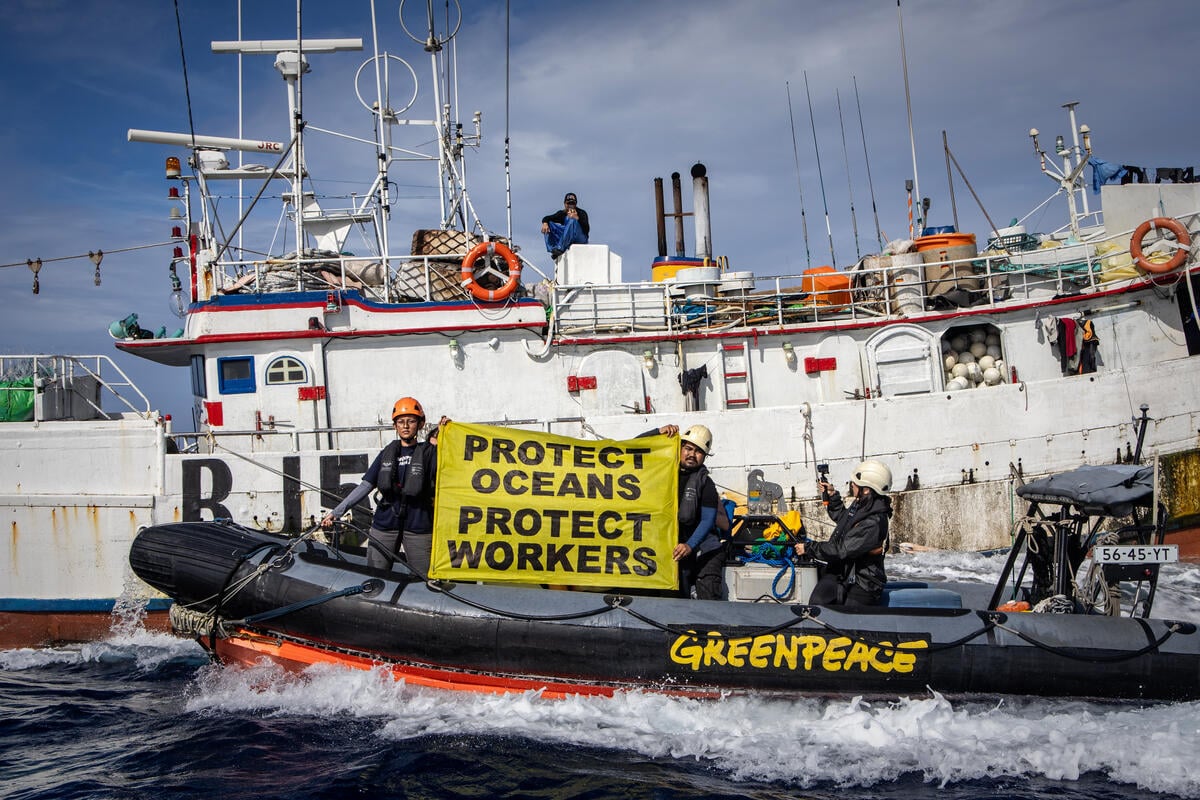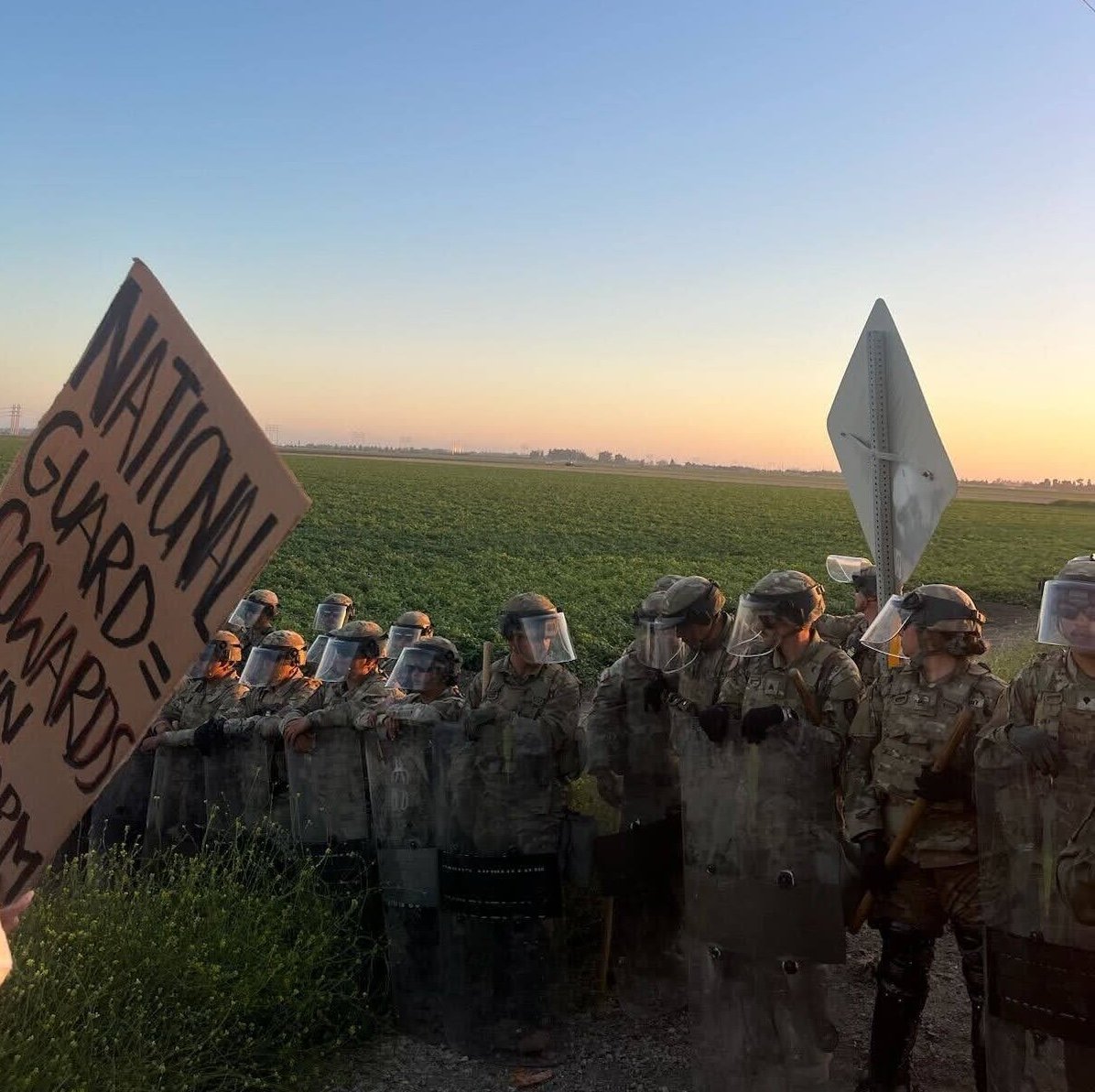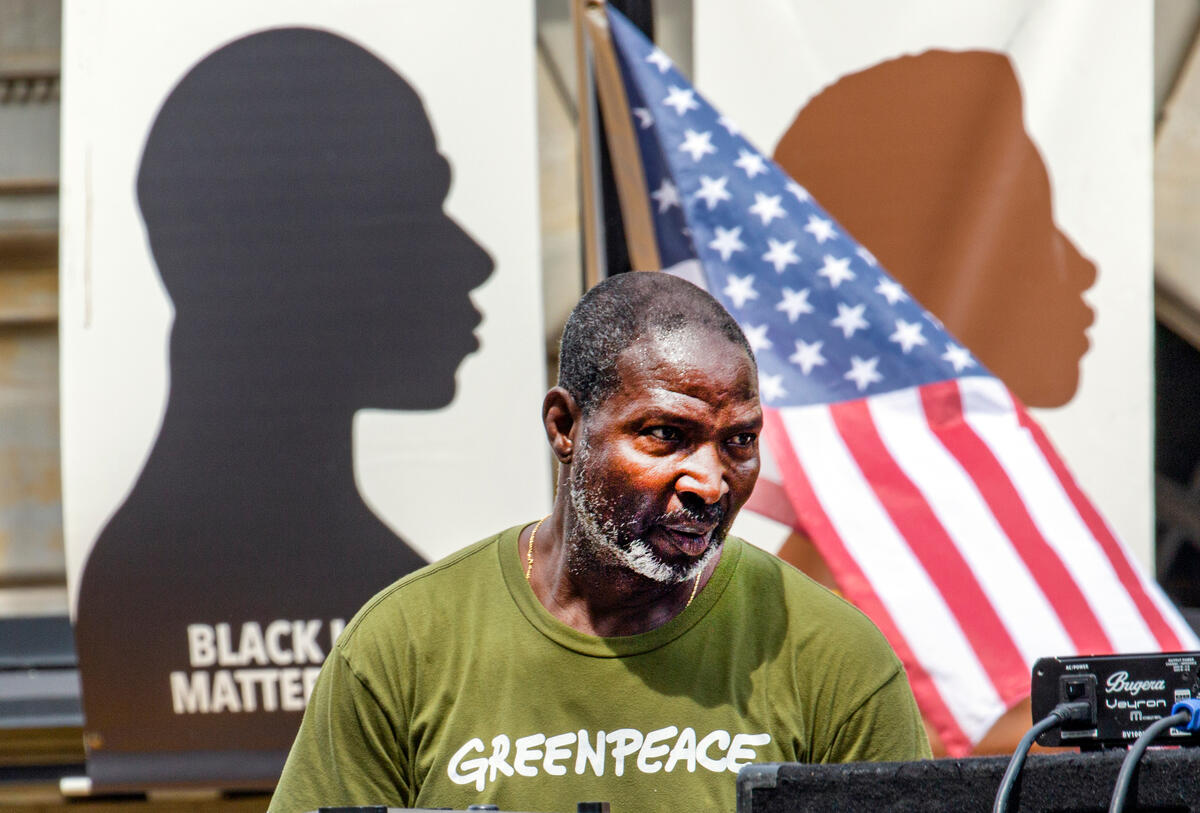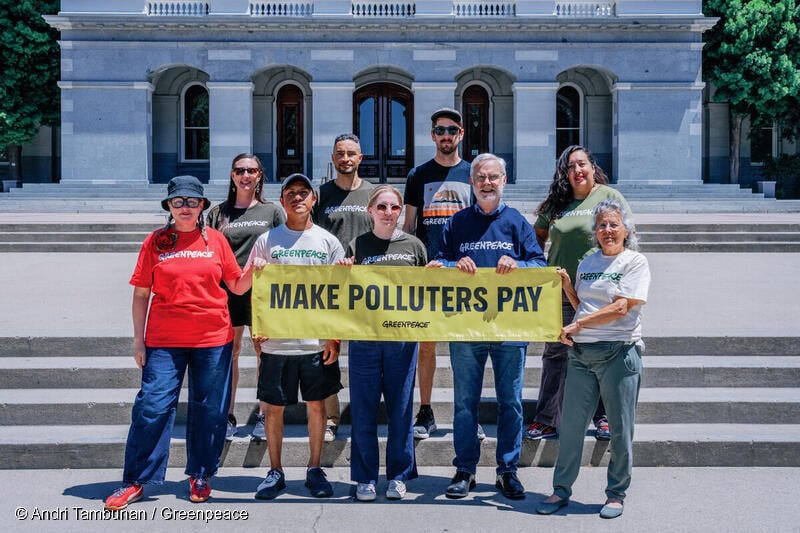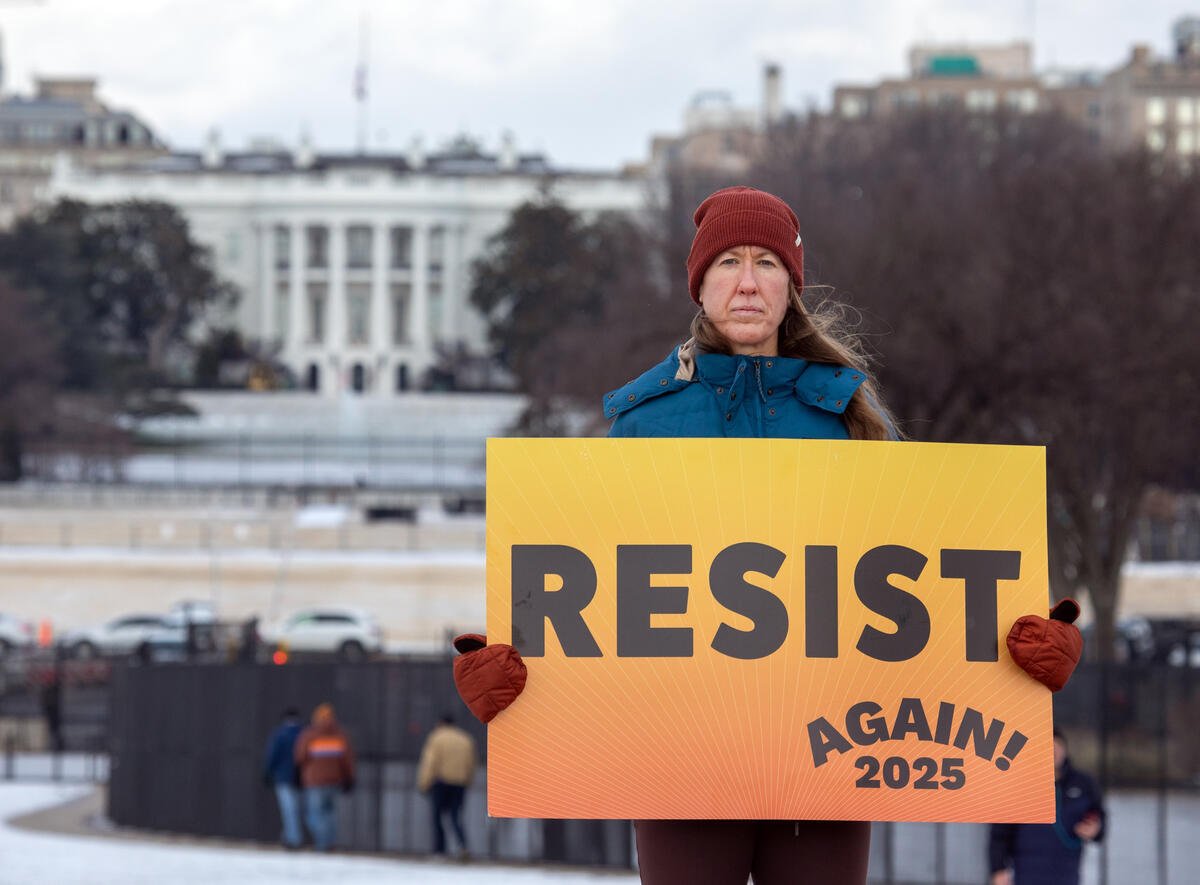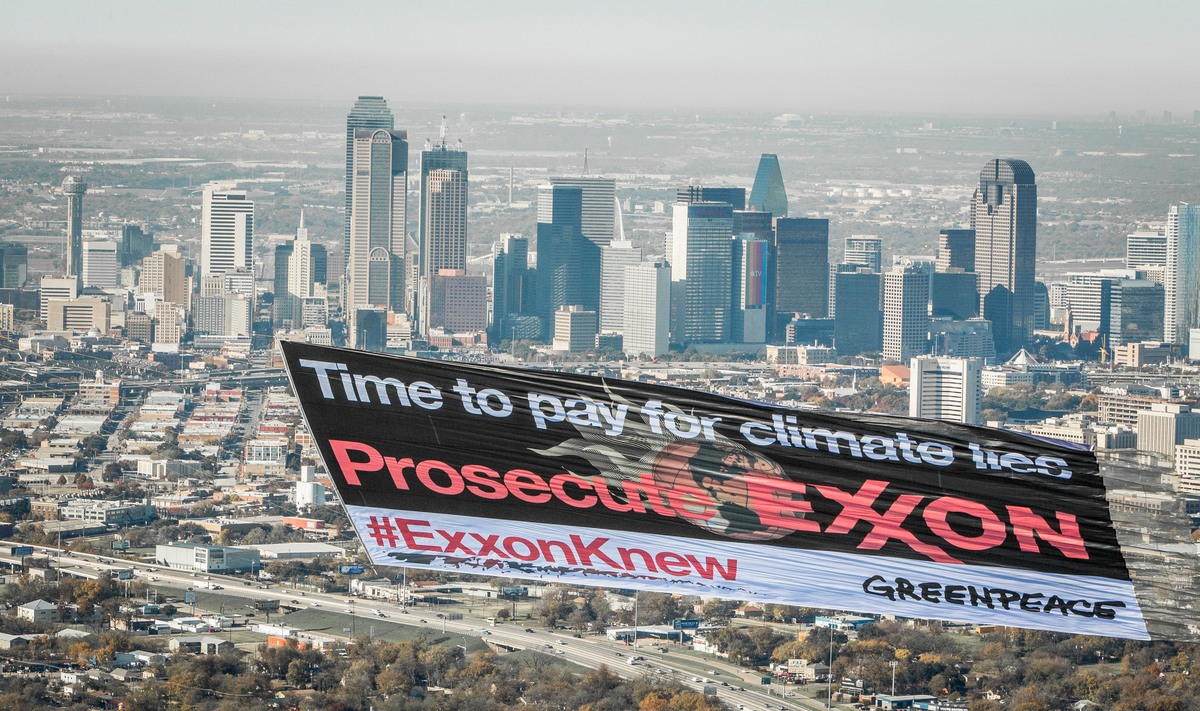All articles
-
Keep your eye on the Venezuela oil bailout
When Trump launched his illegal attack on Venezuela, he made his primary reason perfectly clear: he wants to control Venezuela’s oil reserves.
-
Data centers are making you pay for Big Tech’s boom
What are you willing to sacrifice to support Big Tech’s buildout?
-
The disaster economy: who benefits, and who pays?
We cannot accept a future where safety from climate disasters and extreme weather is a for-profit commodity.
-
The 2025 Trafficking in Persons Report: Progress in Acknowledgment, Failure in Accountability
Human trafficking is endemic in industrial fishing, and is known to overlap with destructive fishing practices, but this week’s U.S. government report on human trafficking went soft on ranking key powers in the global seafood supply chain. Keep reading for more information about the report and the submissions from Greenpeace offices.
-
Turmoil, teargas, and tyranny: two climate activists and one ICE raid in California
This blog is a collaboration between two Greenpeace USA supporters based in Oxnard, California. The story we are about to tell is a violent and potentially triggering one. Much of…
-
We must all challenge the unprecedented ruling in Mahmoud Khalil immigration case
WASHINGTON, D.C. (September 19, 2025) – In response to a Louisiana immigration Judge ordering the deportation of Mahmoud Khalil – a legal permanent resident and nonviolent protester – to Syria…
-
Fossil Fuel Polluters Want You To Clean Up Their Mess. We Can Stop Them.
The climate crisis is here, and we are already paying for it. You. Me. Everyone.
-
Wrecking the future: the Trump war on the ocean, climate, and communities
Wrecking the future: The Trump war on the ocean, climate, and communities. Dismantling climate and oceans protections.
-
Greenpeace USA responds to Energy Transfer Q1 earnings call announcement
In response to Energy Transfer announcing $4.1B in 2025 Q1 profits, Sushma Raman, Greenpeace USA Interim Executive Director, issued the following statement:
-
Inside the hack-for-hire scandal: ongoing saga to uncover potential Exxon-linked cyberattacks intended to derail climate accountability
New details on the targets and motives behind the global hacking scandal emerge amid an escalating international legal battle.

